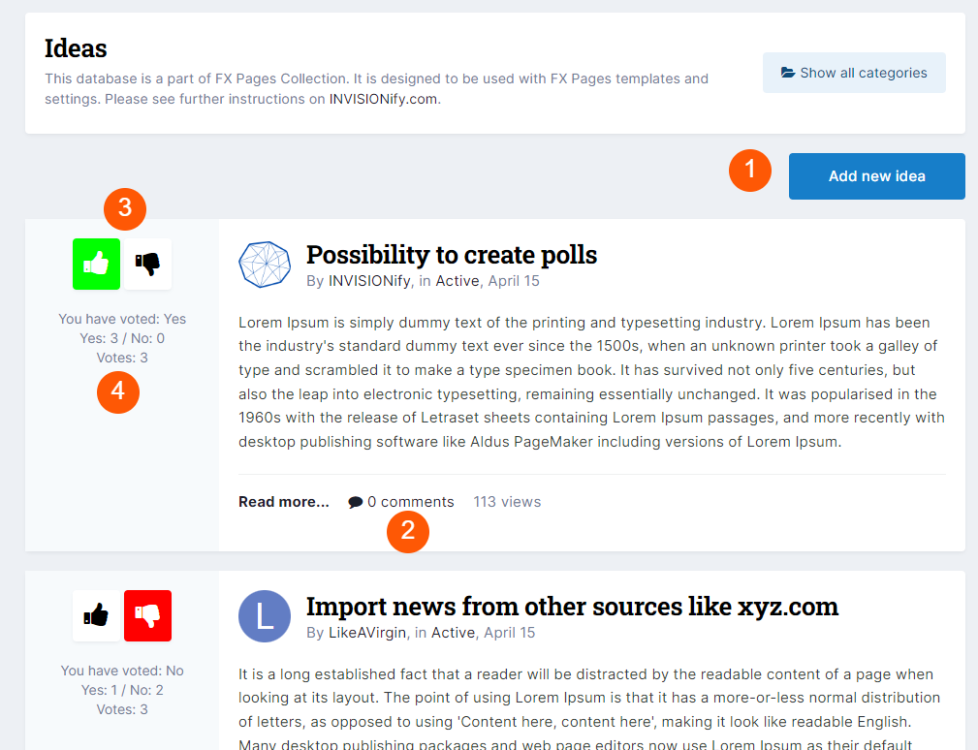One of my communities had always managed itself. I just kept it technically up-to-date. One day, I decided to offer a new exciting feature. I was sure it would be a WOW!
I spent a week developing, configuring, and testing it. Launch day came, and I presented it to the community with internal promotion. I was really confident it would explode like a bomb. However, the first comments about the feature were very frustrating: “What is this good for?” “We do not need it.” “Bad idea.” “Useless.”
Days went by. A few users (less than 1%) tried to use it, but the community mostly ignored it. Ouch! I was completely off the mark. It was a waste of time. A few weeks later, I removed it from my community, and nobody missed it.
But I know that failing is just normal. So, I developed another feature. And the story repeated itself. They just didn’t want what I liked.
My next feature was a full success, however. Would you like to know why? ;)
The next feature I have offered to this community was a possibility to suggest new features for the community and vote on them! And this was a real WOW! The first 5 features were suggested by me. I had my own internal rating for what, I thought, would be good. As the members started to vote, I realized I was wrong again and again.
And when I began implementing features according to the community's rating, they all were a full success from the beginning. Accepted, loved and used from the first day.
How do I evaluate ideas from the community?
I used a simple database. Each idea had a title and a description, nothing more. Users give thumbs up or thumbs down. Quick and easy, like the screenshot below.
The members had the following opportunities:
- Ability to add new ideas
- Ability to discuss new ideas (linked to forum)
- Ability to quick vote (with Yes/No)
- Ability to see the total number of votes and the breakdown of Yes/No votes
The ideas are sorted by their total rating. Every member can see how many users have voted, the breakdown and total rating. By the way, my template is just a modified version of SuperVote template.
I was surprised to see the results. My favorite ideas were not interesting to the members, instead they started to suggest their own.
What benefits does the community-driven idea system have?
As an admin, you never see your community the way a member does. This is pretty normal. The idea system helps you to see the community through member's eyes.
- You know that they really need.
- You can see how many of them need something (number of votes).
- After implementing, you can move the idea to the done section, showing you hear them.
- You do not waste your time on features they will never use.
- You can even use it as a to-do list to prioritize the new features.
It has been a wonderful learning experience. This approach led to immediate success, as it reflects the community's true desires. The benefits were clear: better insight into community needs, and an increased sense of belonging.
I involved my community in the decision-making process, listened to their feedback, and prioritized their suggestions. As simple as this.
Now, it's your turn. Have you tried involving your community in new features “development”? What strategies work for you? Do you have a forum, where they can suggest? How do you prioritize the ideas? Do you probably stick to 3rd-party solutions like canny.io?
.png.5bec8b9a8f010a5bf3b385420412feff.png)



